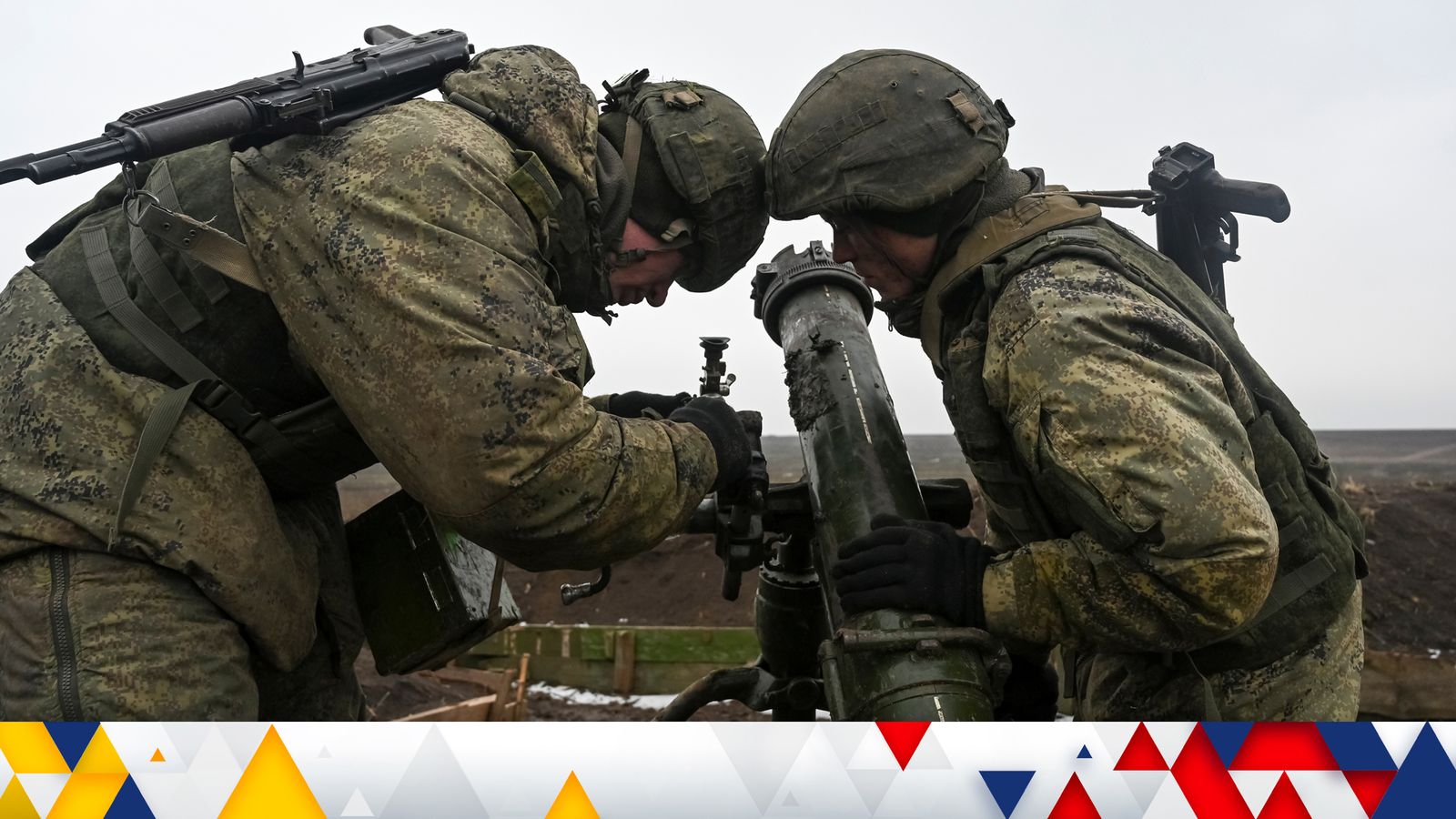People who spread "fake" information about Russia's armed forces could be jailed for up to 15 years after the country's parliament approved a new law.
It also makes public calls for sanctions against Russia a criminal offence.
"If the fakes lead to serious consequences then imprisonment of up to 15 years threatens," said the lower house of parliament, the Duma.
The new law appears designed to give Russia even stronger powers to supress information about its invasion of Ukraine, which the Russians call a special military operation.
It now heads to Russia's upper house of parliament, where its sign-off is a formality, with Duma speaker Vyacheslav Volodin saying it could come into force on Saturday.
People spreading so-called false information could get up to three years in prison - or as many as 15 if it has "severe consequences".
Russian news outlets have been ordered to only publish information from government sources and must describe the situation in Ukraine as a "special military operation" - "war" and "invasion" are banned by media regulator Roskomnadzor.
With mounting civilian casualties, Ukraine claiming thousands of Russian deaths, and huge international sanctions, the Kremlin is keen to portray its own version of events.
Western sources such as the BBC, Deutsche Welle, Radio Free Europe and others are also now being blocked by the regulator for spreading "fake" information, Russia's Interfax news agency said on Friday.
Some independent Russian media have already had to close or suspended service after going against the government line, including radio station Ekho Moskvy and TV station Dozdh.
The editor of Dozdh has fled Russia and told Sky News the situation had been getting "worse and worse" over the last few days and that he and colleagues had been threatened.

